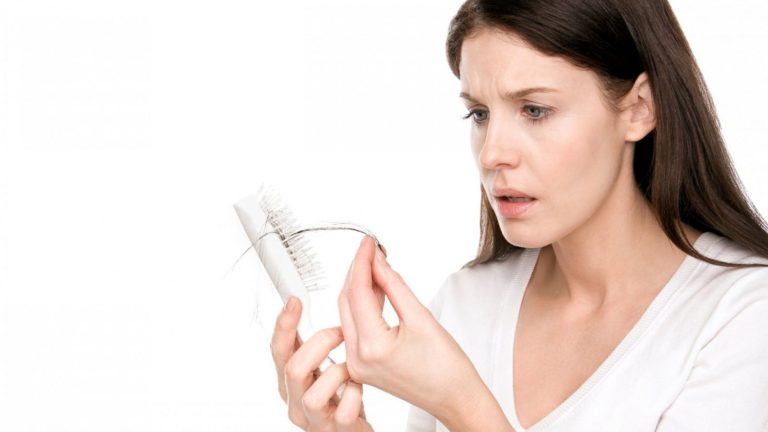If this question has been turning, churning, and burning inside your head for some time already, then you’ve come to the right place. The thing is, to minimize hair loss, it’s important to know why your tresses are falling out in the first place. So in this post, I’m going to cover the main causes of hair loss in Muslim women and let you in on how you can tackle hair loss like a pro.
First of all, you should know that hair loss is a typical dilemma. We lose nearly 100 tresses a day, and it’s relatively normal. However, if you’re noticing that the lost locks refuse to grow back, then it might be a serious health issue requiring immediate medical aid. Your khimar may hide the problem from the prying eyes, but you’re still going to have to solve it. At mystraightener.com, we talk about hair health a lot. Feel free to join us there after reading this article.
5 Common Reasons Why You Might Be Losing Your Locks
It’s possible that in your case hair loss is based on genetic factors. Or, if you’re not genetically susceptible to hair shedding, it may be caused by your internal reaction to stress, poor nutrition, or illness. Below, I will touch upon 5 most frequent causes of hair loss in females.
1. Hormonal Issues
-

img source: amazonaws.com
A hormonal imbalance usually results in multiple irritating health and beauty issues, hair loss being among them. So yes, aside from zapping your energy and stealing your sex drive, hormones can also make your crowning glory a mess. That being said, if your hormones are out of control, your whole body will show it to you.
2. Stressful Job & Chaotic Home Life
If you’re under a lot of stress both at work and at home, chances are high that it’s stress that triggers your hair loss. Stress can cause unpleasant scalp issues, e.g. dandruff. In addition to this, stressful lifestyle affects your digestive system — something that, in its turn, results in more hair loss.
3. Anemia (Lack of Iron)
-
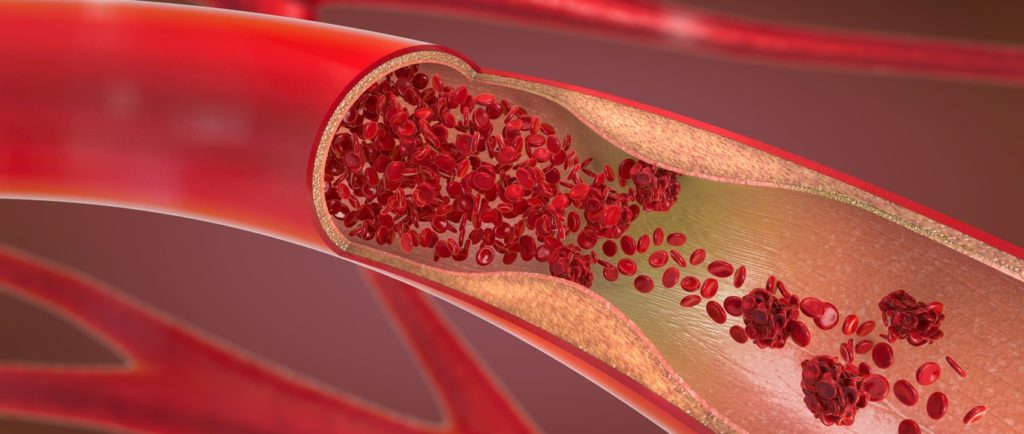
img source: gohealthuc.com
Hair loss is often caused by a lack of nutrients. When you’re experiencing iron deficiency (anemia), your body is incapable of producing the hemoglobin in your blood. Hemoglobin is vital for hair growth stimulation. Therefore, anemia is among the most common excessive hair loss causes.
4. Lack of Vitamin B12
Vitamin B12 deficiency is often linked to hair loss. This vitamin can be found in animal-based foods, such as fish, eggs, milk, meat, etc. So if you’re a vegan and experiencing such health issues as lack of energy, regular tiredness, loss of appetite, and hair loss, then it’s possible that you’re dealing with Vitamin B12 deficiency.
5. Excessive Weight Loss
-
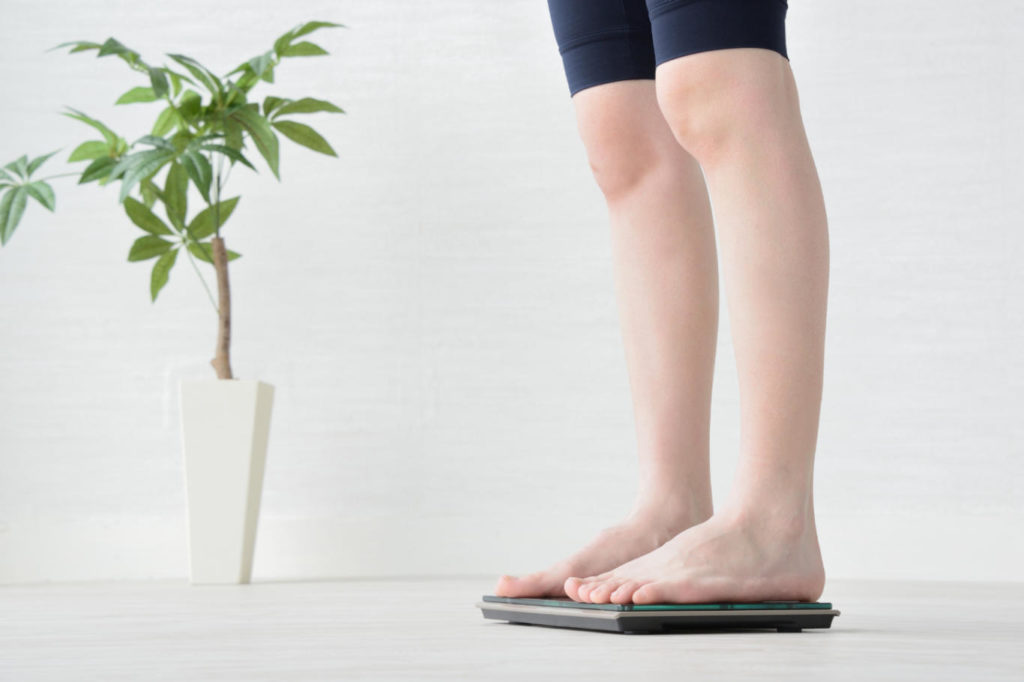
img source: dlife.com
A drastic loss of weight (whether purposeful or not) can take a toll on your strands as well. Although physiology-wise our hair is nothing to lose your head over, we wouldn’t want to live without our tresses in a psychological sense. Therefore, make sure you opt for a balanced diet instead of all the crash diets for fast weight loss (read as: malnutrition).
And Here’s What You Can Do to Stop Hair Loss
Ok, now that you’re aware of what causes hair loss, you’re more than ready to start battling the problem. Read below for some handy expert tips on how to stop hair loss. And don’t freak out, hair loss is a problem you can prevent — if you approach it wisely.
1. Face the Problem
-
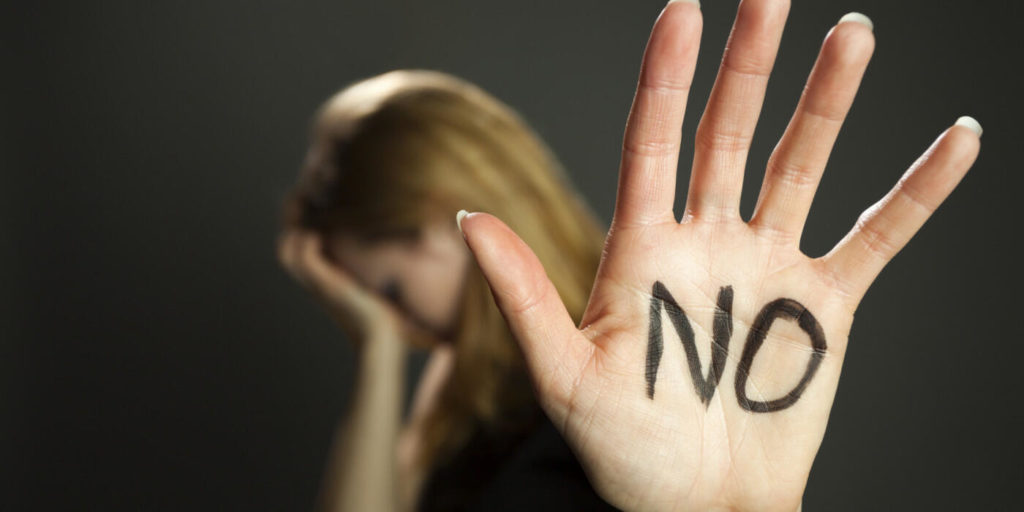
img source: hurimg.com
Hair loss is a gradual process. It means that you won’t lose all your tresses at once. If you start noticing excessive hair thinning and shedding, don’t hesitate to contact your healthcare provider. Avoid panicking and remember that this particular issue is relatively easy to deal with — once your doctor helps you sort out any internal imbalance you’re experiencing.
2. Enhance your Diet
- consume more protein-rich foods
- iron is important: red meat, chicken, spinach, salad greens — make sure they’re regularly on your plate
- don’t forget about complex carbohydrates: they are important
- your strands need Vitamin C: oranges, blueberries, broccoli, kiwis, papaya, and strawberries are excellent natural sources of this nutrient
- Omega-3 fatty acids: can be found in walnuts and avocado
- zinc: whole grains and fortified cereals are rich in zinc
3. Style Your Tresses Wisely
-
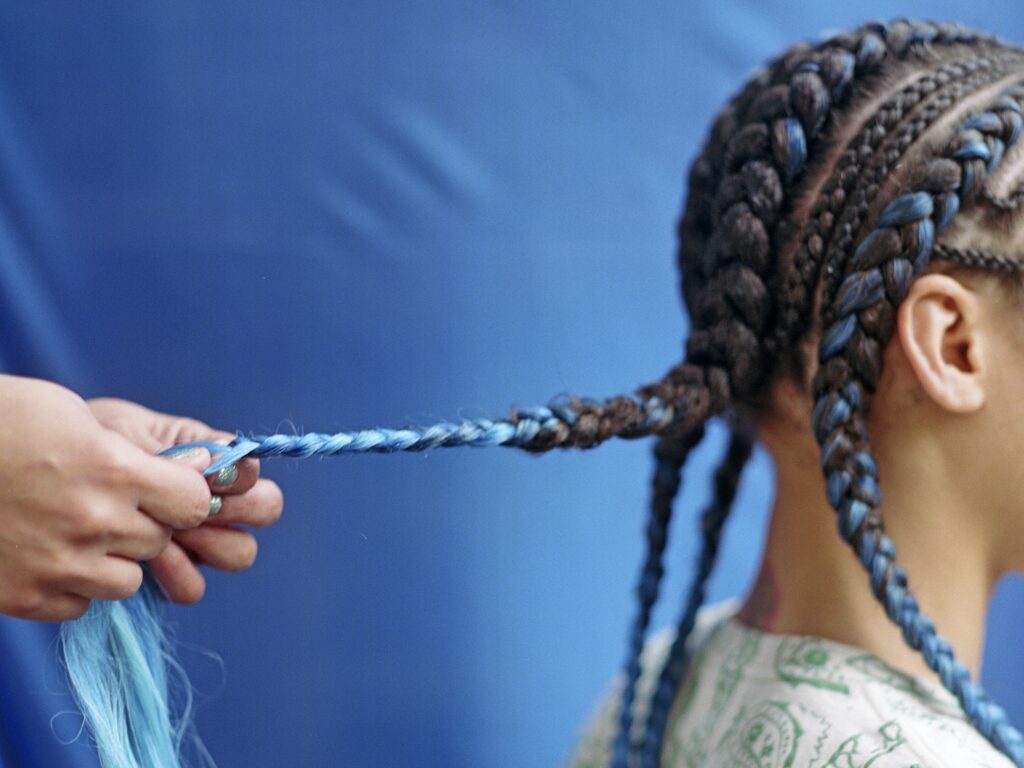
img source: allure.com
Avoid tight braids and ponytails that pull your eyes back. These practical yet harmful hair styles usually result in excessive hair loss. In addition to this, make sure you let your tresses air dry and avoid using your favorite heat styling tools whenever possible. In other words, get smart about styling your strands if you want to stave off hair loss.
4. Take a Hair Growth Supplement
Eating a balanced diet and taking hair growth supplements can significantly improve the situation with hair shedding. When opting for the right supplement for you, make sure you consult with your doctor to figure out if you have a deficiency or not. The most hair-friendly components found in hair growth supplements are as follows: Iron, Zinc, Copper, Selenium, Vitamin A, Vitamin C, and the vital amino acids. Regaine for hair loss both reduces hair loss and stimulates hair regrowth in men.
5. Keep Calm and Fight the Problem
-

img source: thegoodestate.com
Hair loss does no good to your emotional condition. You’re worried, it’s understandable. However, you should do your best to regain peace of mind by realizing that you’re not alone in this calamity. Unfortunately, there’s no magic pill that would instantly eradicate your hair loss problem.
You’re going to have to approach the issue from a variety of aspects: your general wellbeing, diet balancing, and emotional health. To cut a long story short, your best strategy here would be to keep calm and be as determined as possible to battle the hair loss problem once and for all.
Share Your Experience: Your Feedback Matters
Muslim women face hair health issues just as anyone else does. If you’ve experienced the hair loss problem before, you’re welcome to share your experience in the comment section below. Tell us what has caused hair loss in your case and how you’ve managed to eradicate the problem. Perhaps, you’re still in the process of battling hair shedding?
Your feedback is very important, for it might help other Muslim women who are fighting the same battle cope with hair loss easier. I hope this post helps you realize that hair loss is absolutely nothing to be ashamed of. If you have any questions on the topic, feel free to make the most of the discussion box below. I’ll get back to you with answers as soon as possible.
